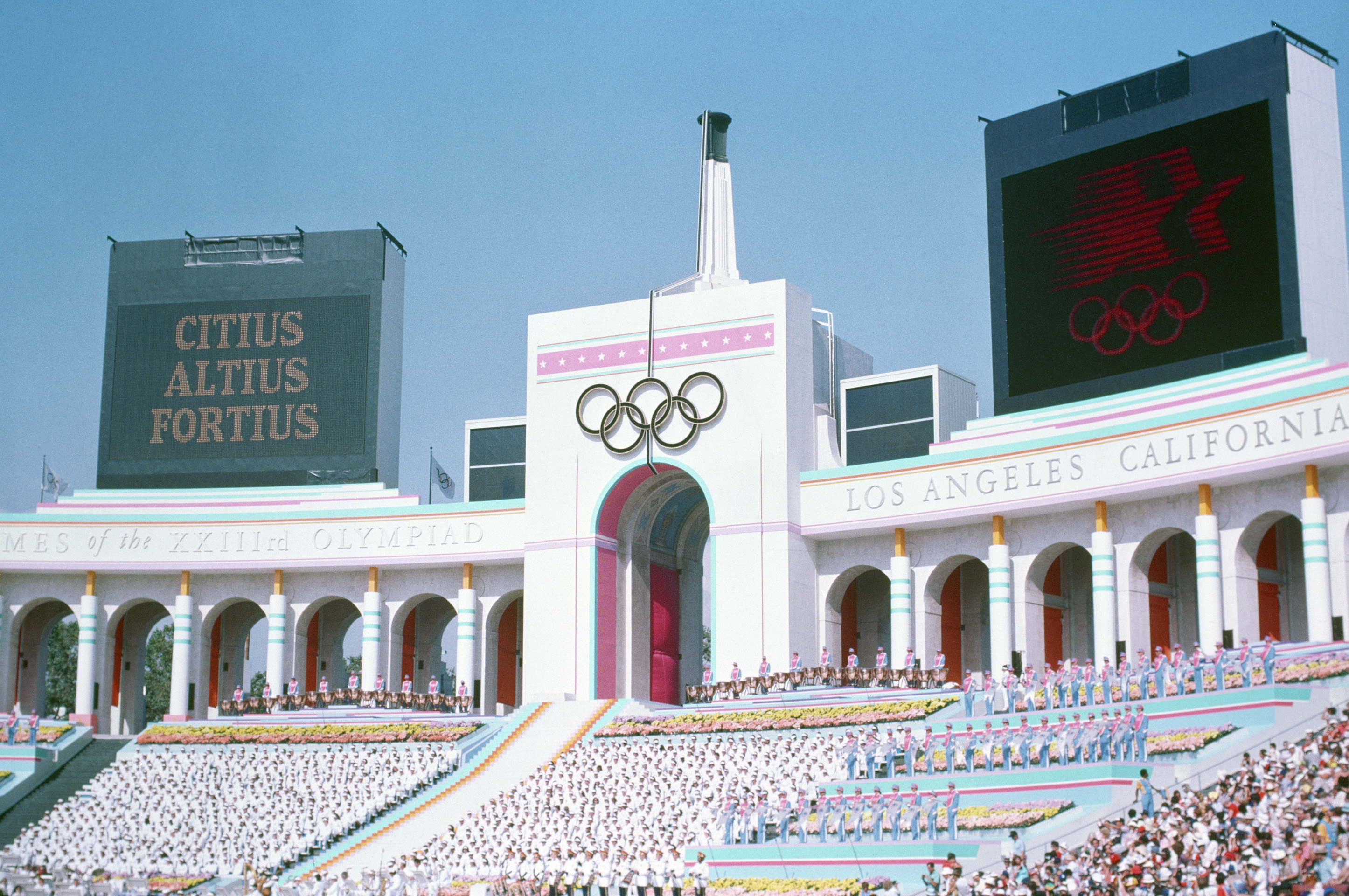By Erick Trickey.
Can the United States host a sustainable Olympics? That’s the question now that Los Angeles is on track to welcome the Summer Olympics in either 2024 or 2028. Los Angeles Mayor Eric Garcetti appeared arm in arm with Paris Mayor Anne Hidalgo and International Olympic Committee President Thomas Bach this week in Lausanne, Switzerland. The IOC announced it’s willing to award a future Summer Olympics to each of the two final 2024 bidder cities.
The move comes at a vulnerable moment for the Olympics. Cities have become increasingly aware that hosting the Games is often a bad deal, leaving behind cost overruns and otherwise useless venues. Boston, Hamburg, Rome and Budapest all dropped out of the 2024 bidding process, citing the potential downsides.
Los Angeles Olympics boosters say their city will fare better. “We’re offering a city ready to go,” Casey Wasserman, chairman of Los Angeles’ bid committee, said in Lausanne this week. “We’re offering a lasting definition of Olympic sustainability.”
Will an L.A. Olympics live up to the city’s own hype? Here are five ways that a 2020s Los Angeles Olympics could set a better precedent for future host cities — and a caution about how it might not.
1. Los Angeles will use existing sports venues, not build new ones. “We are trying to prove that hosting the Olympic and Paralympic Games doesn’t require massive construction programs and expenditures,” Janet Evans, a vice chair of Los Angeles’ bid committee, told the IOC this week. “We could have built a new Olympic Village, but we didn’t. … We could have built an array of other new venues, but we didn’t.”
Los Angeles plans to host opening and closing ceremonies and track-and-field competitions in L.A.’s Memorial Coliseum, built in 1923. The new football stadium being built for the NFL’s Rams and Chargers, which would co-host the opening ceremony, and the StubHub Center, home of the LA Galaxy soccer team, would host various sports. Athletes would be housed in UCLA dorms.
[divider] [/divider]





